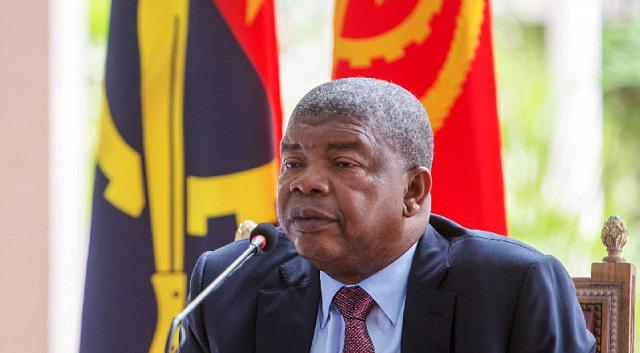- International News
- Thu-2021-03-04 | 04:11 pm

Nayrouz News Agency :
Civil liberties and freedom of expression have been steadily improving in Angola thanks to reforms undertaken by President Joao Lourenco’s government.
Angola’s governing MPLA has defused some of the most pressing issues in the southwestern African country with the election of President Lourenco, including the "deep-rooted mistrust of overreaching authorities, concerns about arbitrary exercises of power and anti-authoritarian ethos”, said a statement to The Jordan Times.
"There have been some remarkable openings with regard to freedom of expression and the work of the judiciary. In previous years, press freedom had been seriously curtailed, with obstacles to both independent media and self-censorship, and partisan reporting in the national state media,” the statement said.
Self-censorship continues to decline in Angola with growing confidence that the government will not arrest individuals for freely expressing themselves online or elsewhere, the statement said, adding, "People are also more able to use social media for activism and community building than in the past. More voices have gained access to the media, including civil society groups and opposition figures, and news outlets have shown a greater willingness to carry criticism of the government.”
While access to Internet is generally low, a government-promoted project to create free Internet hotspots has improved access, especially in rural areas, the statement said.
"In July 2018, prominent journalist Rafael Marques de Morais was acquitted of defamation charges, in what was seen as a major victory for free expression.”
Using social media to mobilise support for various causes has become more common in recent years, the statement said, adding, "Mobilisation platforms are freely available to users, and citizens criticise the government and react to alleged wrongdoings within Angola’s lively social media sector. Youth groups in particular have increasingly flocked to Facebook to call out government corruption, reflecting a gradual weakening of the culture of fear within civil society.”
"President Lourenço’s government shows greater tolerance for public demonstrations, as reflected by a dramatic increase in protests and a corresponding decline in police crackdowns and arrests of demonstrators throughout the years,” the statement said.













